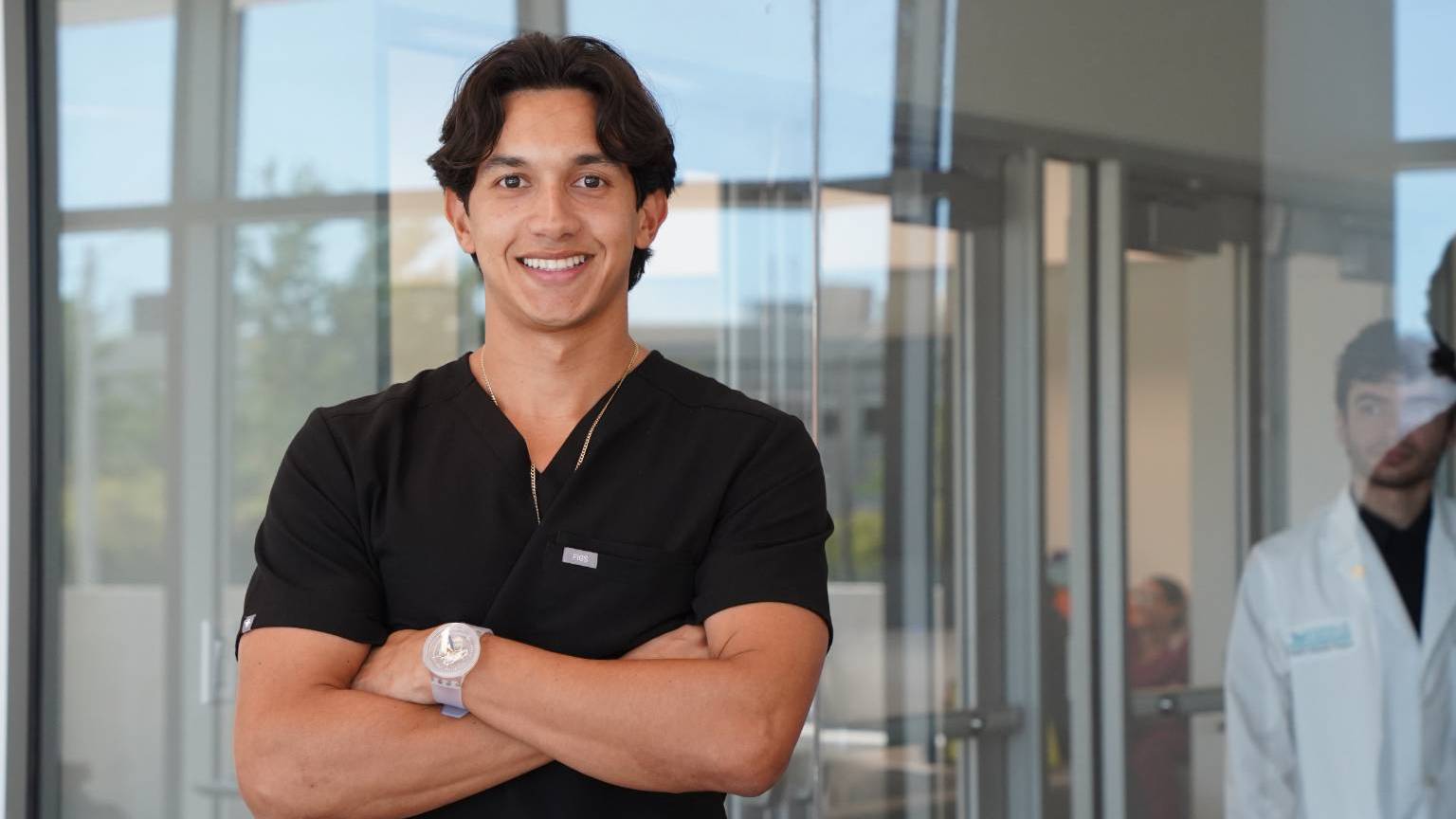Our Global Perspective
- Overview
- Accreditations & Licensures
- Alumni
- Body Donor Program
- Community Outreach
- Consumer Information
- Employment
- Ethics & Compliance
- Events
- Gear Store
- Leadership, Faculty & Staff
- Locations & Visits
- Mission & Vision
- Office of the President
- THI Analytics
- University Outcomes & Impact
- Video Recording Studio

PHSU schools and programs are guided by our mission “to provide a world-class, culturally competent health sciences education to the population we serve.” Our students, faculty, staff, and senior administrative staff bring a unique cultural perspective to our university and position us to address the needs of underserved populations both locally and beyond.
Our Human-Centered Approach
PHSU recognizes that exposure to a diverse population is essential for success in an increasingly diverse workplace and global communication culture. We strive to create an academic and working environment that fosters interaction among a diverse body of students, faculty, staff, researchers, and senior administrative staff. This approach significantly prepares our graduates to provide the high-quality care that all diverse communities deserve.
Supporting Underrepresented Groups
Several underserved populations, including individuals from socioeconomically disadvantaged backgrounds, continue to be underrepresented among health professionals in the United States. Ponce Health Sciences University is dedicated to supporting these populations by promoting access to resources, opportunities, and educational preparedness to help them succeed in health-related professions. Our institution encourages admission and retention policies aligning with our mission to empower all populations and provide a safe and supportive environment for students, faculty, and staff.
86% 63% 71%of our students are Hispanic/Latino*
of our students are female*
of our STL students identify as part of a racial minority*
Cultural Competence in Health Sciences Education
PHSU recognizes that cultural differences influence all aspects of health and health systems. Therefore, we are committed to preparing a healthcare workforce that is responsive to the needs of all individuals, families, communities, and populations. This workforce will be well-equipped to deliver high-quality, culturally informed, and patient-centered care to improve the health of the nation and the world.
The development of this policy was the result of teamwork that included representatives from all programs and schools of the University, Ponce Research Institute, and contributions from institutional offices, including the Compliance Officer, Vice President for Academic Affairs, Vice President for Student Affairs, and the Human Resources Office.
Join Our Community
We invite you to join our vibrant community, where diverse perspectives are valued, and every individual is empowered to succeed.
*Data from the National Center for Education Statistics (NCES) College Navigator, based on the most recent available year 2023.